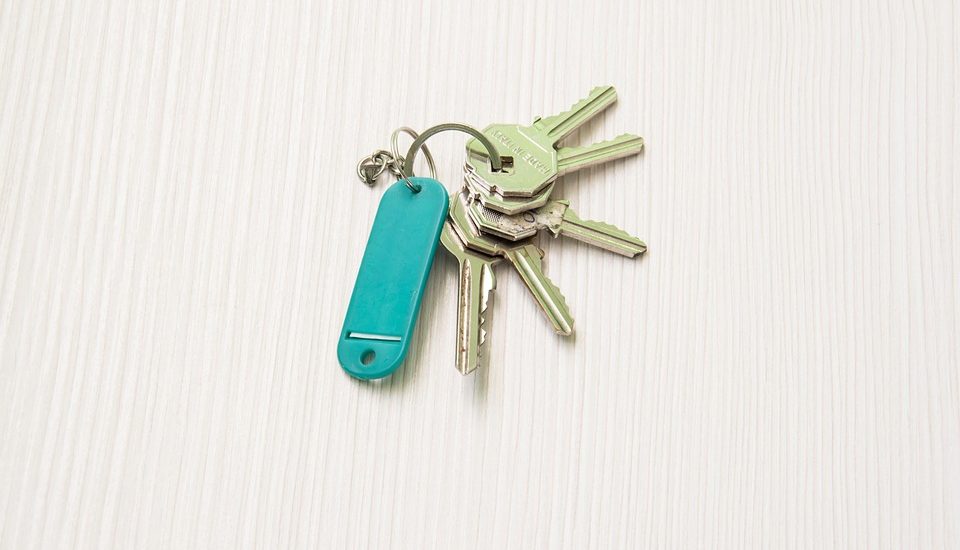Children possess a natural curiosity and an inherent capacity to learn, explore, and create. At a young age, their minds are open and receptive, allowing them to absorb information and impressions from the environment around them with remarkable ease. One effective way to foster and nurture this instinctive creativity is through Montessori toys—educational materials designed specifically to support child development following Maria Montessori’s renowned approach to education. By offering opportunities for independent exploration and sensory-driven learning experiences, Montessori toys can dramatically enhance a child’s creativity and independent thinking skills from an early age.
The Montessori Philosophy: Encouraging Independence and Active Exploration
Developed by Dr. Maria Montessori in the early twentieth century, the Montessori educational method emphasizes self-directed, experiential learning. Dr. Montessori strongly believed that children learn best in an environment that respects individuality, fosters independence, and allows plenty of room—literally and figuratively—for exploration and discovery. Rather than traditional pedagogical methods that rely heavily on direct instruction and rote memorization, the Montessori approach encourages children to engage actively with educational materials, fostering a deep sense of curiosity and motivation to learn.
Montessori toys are thoughtfully designed to stimulate the senses, inspire creativity, and develop cognitive abilities. They typically involve hands-on activities that enhance fine motor skills, concentration, sensory perception, problem-solving capabilities, and imaginative play. These toys empower children by inspiring deep engagement, encouraging logical thinking, and cultivating indispensable creative skills.
Supporting Cognitive Development: How Montessori Toys Work
The specific design and intent of Montessori toys make them uniquely suited to support children’s cognitive, emotional, and creative development. Here are some key ways in which Montessori toys help to unlock a child’s creativity:
1. Sensory Engagement
Montessori toys often incorporate various textures, shapes, colors, and sounds to stimulate children’s sensory systems. Sensory play helps develop neural pathways in young learners, shaping cognitive connections critical to creativity and problem-solving skills. For example, sensory-matching sets, tactile puzzle boards, and textured blocks encourage young children to use their senses actively, promoting sensory integration and creative exploration.
2. Open-ended Learning Experiences
An essential characteristic of Montessori-inspired toys is their open-ended nature. Unlike many conventional toys which typically have a specific and limited purpose or outcome, Montessori toys encourage imaginative transitioning between various modes of play. These toys support divergent thinking skills—the ability to explore multiple creative solutions and possibilities, rather than one fixed answer. Wooden building blocks, shape-sorting cubes, and stacking toys all enable varied approaches to play which encourage children to create and innovate freely.
3. Developing Independence and Confidence
Montessori learning materials offer children opportunities for self-directed exploration. Children quickly learn to trust their instincts and actively seek out creative solutions to challenges when given the space and materials to do so. This independence, trained through Montessori toys and activities, instills confidence in young learners. The ability to tackle tasks independently and creatively fosters lifelong skills in self-confidence, perseverance, and motivation.
Benefits of Montessori Toys for Creative Development
Implementing Montessori toys within your child’s daily routine provides numerous benefits in unlocking their creativity and improving cognitive growth:
- Enhanced Problem-solving Skills: Puzzles and logical activities develop critical thinking and encourage unique solution-finding capabilities.
- Nurturing Imagination: Open-ended toys enable children’s imagination and fantasy to broaden and flourish, allowing them to explore original ideas without constraints.
- Improved Motor Skills: Montessori activities involving stacking, sorting, threading, or manipulating small parts build key fine motor skills that contribute significantly to a child’s artistic and creative abilities.
- Improved Concentration: Montessori toys help promote sustained attention and focus by encouraging children to play purposefully and independently.
- Cultivation of Social-Emotional Intelligence: Through cooperative play activities, Montessori toys help develop valuable social skills, including sharing, empathy, and understanding the perspectives of others.
Choosing the Right Montessori Toys for Your Child
Selecting the appropriate Montessori toys for your child calls for careful consideration regarding appropriateness to age and ability. Below are some effective guidelines to help parents choose wisely:
- Simplicity is Key: Simple toys, made from natural materials and free of complicated electronics or noises, help children stay focused and avoid overstimulation.
- Developmental Relevance: Opt for Montessori toys that align with your child’s current developmental stages to ensure they remain engaging and beneficial.
- Child-Led Selection: Consider your child’s unique interests, abilities, and preferences. Take note of what naturally captivates them, and select toys accordingly to encourage sustained engagement.
- Safety and Quality: Always prioritize sturdy, non-toxic, well-crafted Montessori toys that ensure complete safety and durability over time.
Integrating Montessori Toys into Everyday Life
Integrating Montessori toys effectively involves creating a structured yet flexible environment in your home. Set up a simple, organized play area offering clear visibility and easy access for children, enabling them to independently reach and choose toys. Rotate toys regularly to keep them fresh and appealing, thereby sustaining children’s interest and continued creative engagement. Provide your child the freedom and time needed to explore independently, encourage open-ended play, and always be supportive without directly intervening unless necessary. Allow them to experiment, make mistakes, learn through trial and error, and express their creativity in their own unique and individual ways.
Conclusion
Montessori toys offer significant advantages for the holistic and creative development of young children. By encouraging autonomy, sensory engagement, and open-ended exploration, Montessori toys inspire creativity and independent thought, critical qualities that serve children throughout their academic careers and into adult life. The carefully designed simplicity of these toys invites imaginative play and active learning, cultivating a lifelong passion for exploration and discovery.
Parents, educators, and caregivers who invest in Montessori toys and methods help create environments for children to thrive cognitively, emotionally, socially, and creatively. Ultimately, by nurturing and unlocking a child’s innate creativity, Montessori toys lay a strong foundation for future success—empowering young minds to explore, create, innovate, and flourish beyond traditional boundaries.







